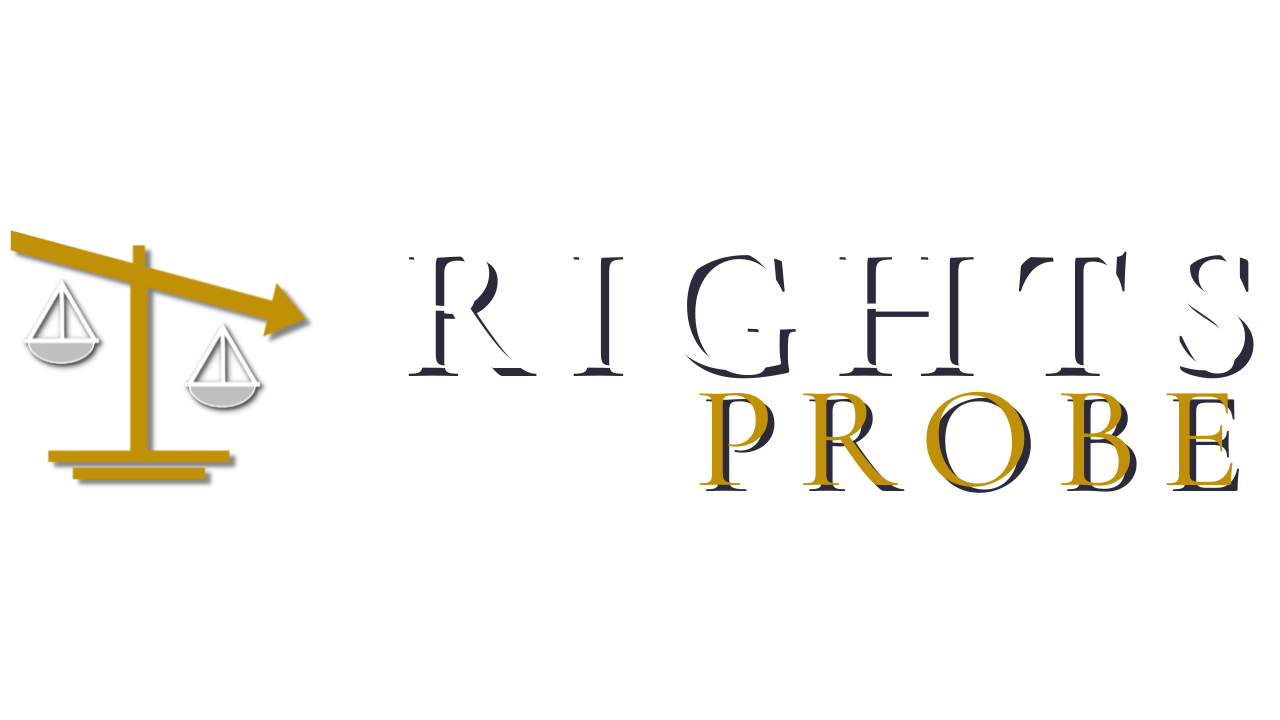In universities, the revolution is now complete
Although Queen’s will cancel John A. Macdonald, purportedly on the grounds that he was a racist white man, his demise has little to do with the man himself and everything to do with what he has come to represent.
I teach at Queen’s University’s law school, housed in Sir John A. Macdonald Hall, named after Canada’s first prime minister. On Sept. 18, our faculty board, consisting of professors, students, administrators and staff, voted 29 to three to remove Macdonald’s name from the building. The vote, which also included five abstentions, is not binding upon the university’s board of trustees, which has the jurisdiction to make the call. Queen’s principal, Patrick Deane, is expected to make a recommendation to the board this week, and it will vote on the question soon after. Macdonald is likely to become another casualty of the cultural revolution currently underway in Canada.
At universities, that revolution is all but complete. Who controls the present controls the past, Orwell tells us, and who controls the past controls the future. Although Queen’s will cancel Macdonald, purportedly on the grounds that he was a racist white man, his demise has little to do with the man himself and everything to do with what he has come to represent. One of the tasks of any revolution is to tear down the narratives upon which the previous order was built. Macdonald himself is less important than how we regard him. When any historical figure is cancelled, the real targets are the attitudes of the living.
Facts will not matter. Macdonald is accused, among other things, of forcing Indigenous children to go to residential schools and letting Aboriginal people on the Prairies starve when the buffalo disappeared. The historical record says otherwise. Residential schools already existed before Macdonald came to power, and they did not become compulsory until the 1920s, 30 years after his death. When the famine struck, Macdonald sent aid to save Indigenous lives and was condemned in the House of Commons for providing too much: looking after people was not something governments commonly did until the welfare state emerged well into the 20th century. In fact, Macdonald was enlightened for his time, but that will make no difference. The test for tearing down statues and cancelling historical figures has become whether their values and behaviour conform to modern progressive sensibilities. Only monuments to the likes of Castro, Lenin and Mao have a shot at satisfying that criterion.
Despite the facts, Macdonald will be called racist because that is the conclusion modern academic theories demand. Critical theory and its offshoots, including critical social justice and critical race theory, have helped establish the present era of “intersectional” victimhood: the more disadvantaged groups you can claim to belong to, the more oppressed you are. Critical theories are anti-Western doctrines, premised on the idea that Western civilization consists of abusive power relationships between identity groups. White men, especially if they are straight, are by definition privileged and therefore racist. Macdonald, as a dead white man who brought into being what is now regarded as an oppressive Western nation, is self-evidently culpable.
Those who wish to preserve Macdonald’s name and legacy may believe they can defend Canadian tradition and values, but they may be too late. Rome cannot be protected from the Visigoths once the Visigoths run the place. The non-woke are no longer shielding the old culture but attacking the new one. At the law school, I am the barbarian, not the other way around. After all, I was one of only three people to vote against the Macdonald motion. For decades, universities have been inculcating students with the ideology of critical theory and its offshoots, which are now ascendant inside governments, mainstream media, unions, tech companies, corporate boardrooms and public schools. In an extreme example, ex-Twitter CEO Dick Costolo tweeted recently, “Me-first capitalists who think you can separate society from business are going to be the first people lined up against the wall and shot in the revolution. I’ll happily provide video commentary.” Ignoring the threat that universities have long posed is a mistake.
Last week Alberta Premier Jason Kenney made this error when he called intersectionality a “kooky academic theory.” Social justice academics predictably condemned Kenney for his ignorance. But, of course, he was right. In a pluralist, liberal society — which Canada once aspired to be — there are few ideas kookier than intersectionality. Kenney’s mistake was not in calling it out but in failing to take it seriously. Kooky academic theories are among the biggest threats to freedom, prosperity and rationality. Henry Kissinger, among others, is credited with the observation that university politics are so vicious precisely because the stakes are so small. That line is funny only if it is true. We now know it is dead wrong. Just ask John A.
Bruce Pardy, reprinted from National Post.

